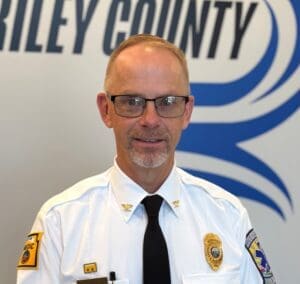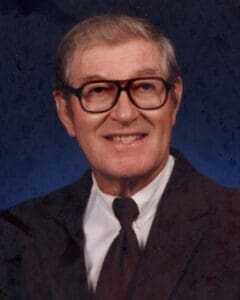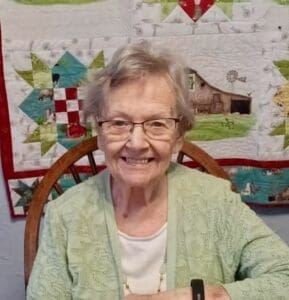Manhattan, Kan. — Kansas State University’s Master of Arts in teaching program for secondary education, a pathway to teaching for career-changers in Kansas, has received approval from the Kansas State Board of Education. This approval allows Kansas schools to hire qualified candidates in the program to serve as teachers of record on a restricted license while they earn their master’s degree and recommendation for an initial teaching license.
The 18-month residency program is based on K-State’s successful 11-month Master of Arts in teaching program, ranked No. 17 by U.S. News & World Report.
Tom Vontz, a professor of curriculum and instruction and director of the College of Education’s Master of Arts in teaching program, says the secondary education residency program helps the state with its teacher shortage by providing working adults with the resources and the opportunities to pursue their passion for teaching while getting the education they need.
“Every year, I take phone calls from talented, experienced and committed adults who would like to change careers and become teachers but can’t afford to take off from work,” Vontz said. “And, every year, I take phone calls from school administrators asking how K-State might be able to creatively assist a capable para, parent or community member to become a teacher. So, we proposed a program to satisfy both constituencies.”
Students admitted to the program begin their teaching careers on a restricted license while completing the requirements for a teaching certificate and master’s degree. All students will participate in an intensive weeklong professional development experience to help prepare them for their teaching residencies. During their residencies, students are mentored by staff in local schools and veteran teachers who serve as university supervisors.
Debbie Mercer, dean of K-State’s College of Education, is looking forward to the program’s launch.
“This new residency program is beneficial to prospective teachers, Kansas schools and, most importantly, K-12 students across Kansas,” Mercer said. “The teacher shortage — both in Kansas and across the country — requires innovative, forward-thinking solutions.”
Todd Goodson, professor and chair of the College of Education’s curriculum and instruction department, said that an elementary residency program is under review that also will provide the support, guidance and structure to help accommodate a successful transition to teaching for busy working adults.
Interested career-changers may apply now for the program, which launches in the 2022-2023 school year. For more information, contact Vontz at tvontz@k-state.edu.












